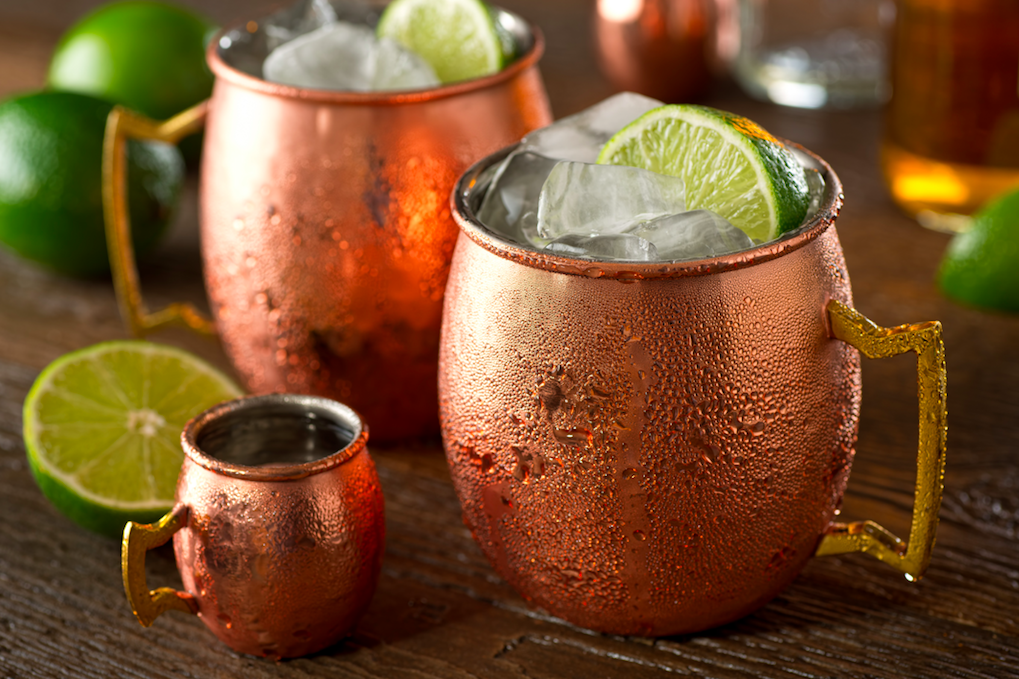Copper cocktail mugs could give you food poisoning, experts warn
Sip that Moscow Mule with caution

Your support helps us to tell the story
From reproductive rights to climate change to Big Tech, The Independent is on the ground when the story is developing. Whether it's investigating the financials of Elon Musk's pro-Trump PAC or producing our latest documentary, 'The A Word', which shines a light on the American women fighting for reproductive rights, we know how important it is to parse out the facts from the messaging.
At such a critical moment in US history, we need reporters on the ground. Your donation allows us to keep sending journalists to speak to both sides of the story.
The Independent is trusted by Americans across the entire political spectrum. And unlike many other quality news outlets, we choose not to lock Americans out of our reporting and analysis with paywalls. We believe quality journalism should be available to everyone, paid for by those who can afford it.
Your support makes all the difference.Copper mugs that are often used for cocktails could give you food poisoning, warns a US state department.
The warning comes from Iowa's Alcoholic Beverages Division, who have declared that copper and copper alloys can be poisonous when consumed.
The state has adapted the Food and Drug Administration's Moral Food Code which prohibits copper from coming in direct contact with foods that have a pH below 6.0.
It's bad news for Moscow Mule fans, the Insta-friendly drink which is typically served in a trendy copper mug.
The popular, yet relatively simple, cocktail typically consists of vodka, ginger beer and lime juice and is often accompanied by a wedge of lime.
The average Mule has a pH well below 6.0 and is therefore deemed unsafe when consumed in this aesthetically pleasing manner.
However, cocktail snappers need not throw in the Valencia-filtered towel just yet.
Apparently copper mugs which are lined with a non-copper interior, such as nickel or stainless steel, have been deemed safe to use and are widely available.
Phew.
"High concentrations of copper are poisonous and have caused foodborne illness," the statement explains.
"When copper and copper alloy surfaces contact acidic foods, copper may be leached into the food," which subsequently leads to copper poisoning, it says.
According to the NHS, symptoms of copper poisoning include vomiting, stomach pains, confusion, drowsiness and fainting fits.
Copper toxicity, sometimes referred to as hypercupremia or copperiedus, can also occur from eating acidic foods that have been cooked in uncoated copper cookware.
Join our commenting forum
Join thought-provoking conversations, follow other Independent readers and see their replies
Comments